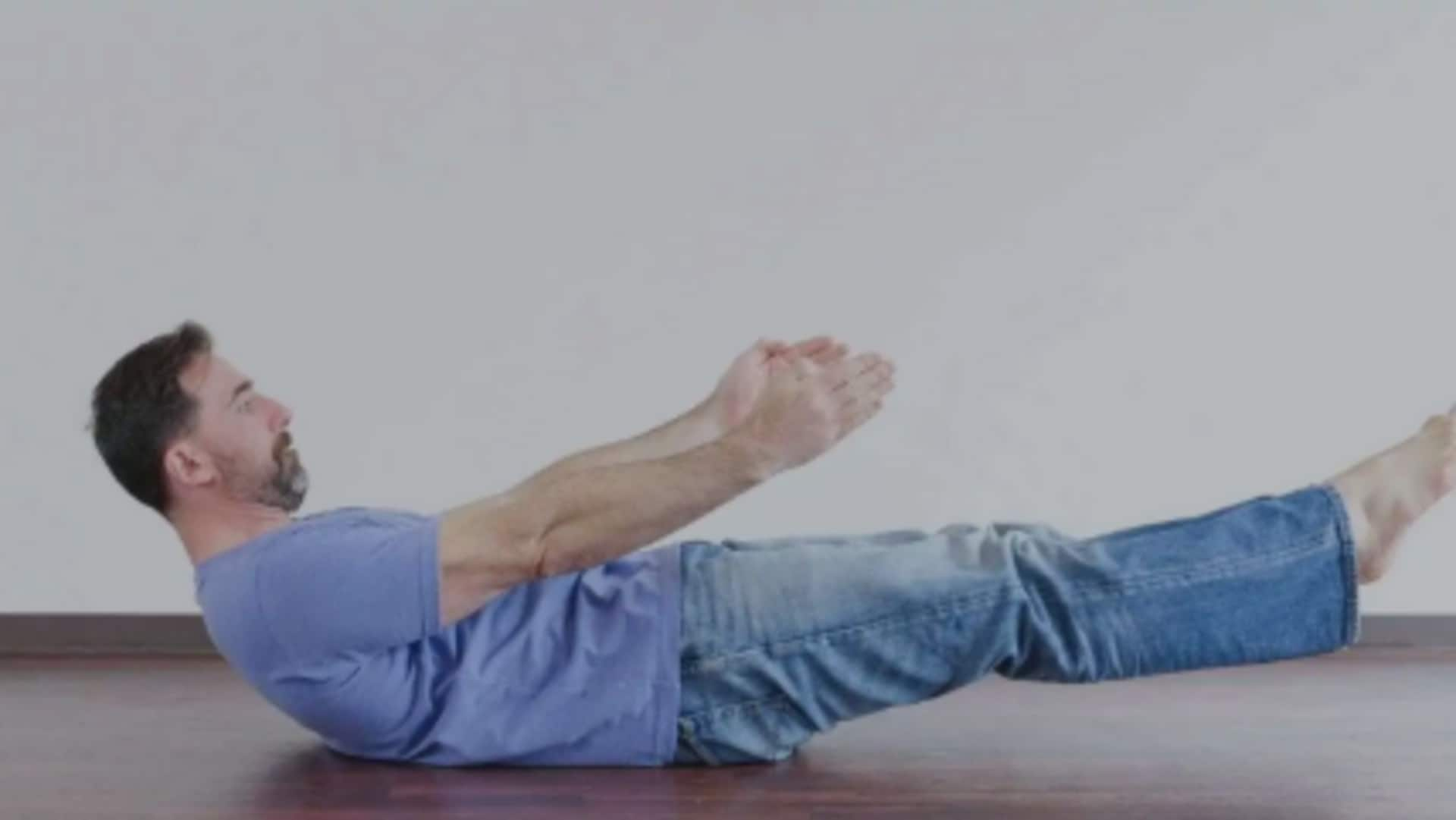
Exercise 101: Why you must do hollow body holds
What's the story
Hollow body holds are a basic yet essential exercise for increasing core strength and stability. This simple but powerful movement is frequently utilized by gymnasts and fitness lovers to develop a solid base. By engaging various muscle groups, hollow body holds contribute to better posture, balance, and athletic performance overall. Knowing the technique and advantages of this exercise can help you gain better core control and endurance.
Technique
Proper form is key
Maintaining proper form during hollow body holds is key to maximizing benefits. Start by lying on your back with arms extended overhead and legs straightened out. Engage your core by pressing your lower back into the ground while lifting your shoulders and legs slightly off the floor. Keep your body in a curved position without arching your back or letting it lift off the ground.
Advantages
Benefits beyond core strength
Hollow body holds offer more than just core strengthening benefits. They enhance overall stability, improve posture, and increase flexibility in the hip flexors and shoulders. This exercise also aids in developing better coordination between different muscle groups, which can be beneficial for various physical activities like running or swimming.
Advancement
Progression techniques to challenge yourself
To make hollow body holds more challenging as you progress, consider incorporating variations such as rocking back and forth gently while maintaining form or holding small weights in each hand to increase resistance. Another option is extending one leg at a time while keeping the other bent to add complexity without compromising form.
Pitfalls
Common mistakes to avoid
Avoid common mistakes like arching the lower back or holding tension in the neck, while performing hollow body holds. Make sure you are breathing steadily throughout the hold instead of holding your breath, which can lead to unnecessary strain on muscles not involved in stabilizing your core effectively.